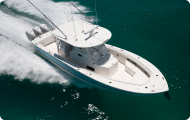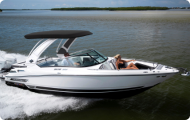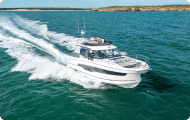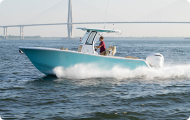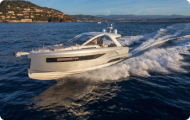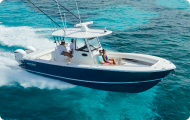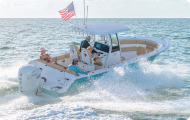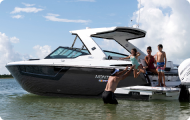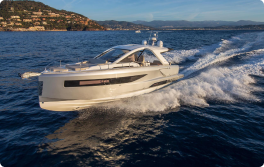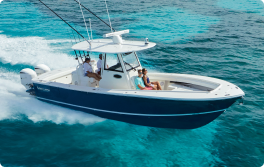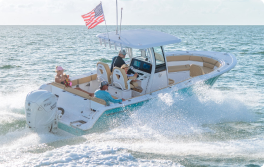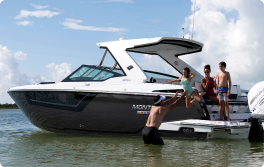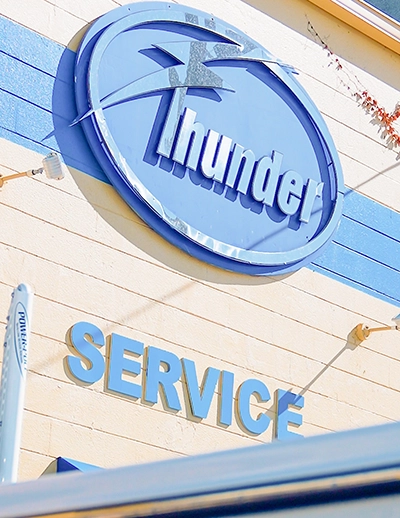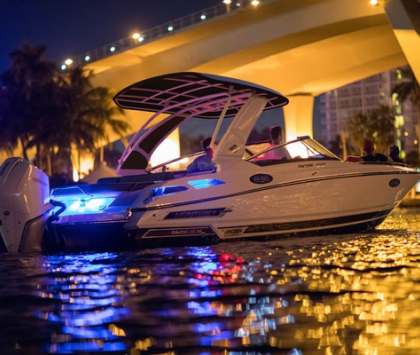Boating in Florida offers endless adventure — from cruising the Intracoastal to fishing the Gulf or island-hopping in the Keys. But before you hit the water, it’s essential to understand the laws that keep you and others safe. Florida’s boating laws are designed to ensure safety and protect the environment. Here’s a concise overview of key regulations every boater should know, based on current Florida statutes and requirements:
1. Boating License Requirements in Florida
If you were born on or after January 1, 1988, you must:
Complete a Florida-approved Boating Safety Education Course
Carry a Boating Safety Education Identification Card
Also, carry a photo ID when operating a boat powered by 10+ horsepower
2. Minimum Age to Operate Boats & PWC ( Personal Water Crafts)
Florida has no set minimum age to operate a boat (with exceptions). However:
You must be 14 or older to operate a personal watercraft (PWC) like a JetSki
PWCs may not be operated from sunset to sunrise, even with lights
3. Required Safety Equipment on Board
Make sure your boat has all the legally required safety gear:
One U.S. Coast Guard-approved life jacket per person
A throwable flotation device (Type IV) if the boat is 16 feet or longer
Sound-producing device (like a whistle or horn)
Navigation lights (if operating at night or in low visibility)
Fire extinguisher (if enclosed fuel or compartments)
Visual distress signals (for coastal or offshore trips)
Note: Children under 6 years old must wear a life jacket while the boat is underway.
4. Boating Under the Influence (BUI) Rules
Operating a boat while impaired is illegal:
The legal limit is 0.08% blood alcohol concentration
Zero tolerance for operators under 21
Conviction may lead to fines, jail time, or license suspension
5. Speed Zones & No-Wake Areas
Speed regulations protect wildlife, property, and people:
Idle Speed / No Wake: Only enough speed to maintain steerage
Slow Speed / Minimum Wake: Slightly more power but no large wake
Manatee Zones: Heavily regulated areas for wildlife protection
6. Boat Registration & Titling Rules
All motorized boats in Florida must be:
Registered with the Florida Department of Highway Safety and Motor Vehicles (FLHSMV)
Displaying current registration numbers and decals
Titled, unless exempt (like small, non-motorized craft)
7. Common Boating Violations to Avoid
Avoid these frequent (and costly) mistakes:
Missing or expired registration
Boating without a valid safety ID card (when required)
Speeding through no-wake zones
Missing or expired safety gear
Reckless or careless operation
Overloading your boat with too many passengers
8. Quick Pre-Launch Checklist
Before every trip, make sure you have:
Valid boating safety card (if required)
Personal flotation devices for everyone
Throwable flotation device (if applicable)
Fire extinguisher and sound device
Navigation lights (if boating after dark)
Fully charged phone or marine radio
Weather and tide updates
Florida’s boating laws are in place to protect you, your passengers, and the natural environment. Whether you're boating or fishing, understanding these regulations ensures a safer, more enjoyable trip.
From getting licensed to finding the right gear and boats, Thunder Marine is here to guide your boating journey.
Explore the Best Boats in Florida
Looking to hit the water legally and comfortably? Browse new and pre-owned center console boats at Thunder Marine — Florida’s trusted source for boat sales, service, and expertise.


